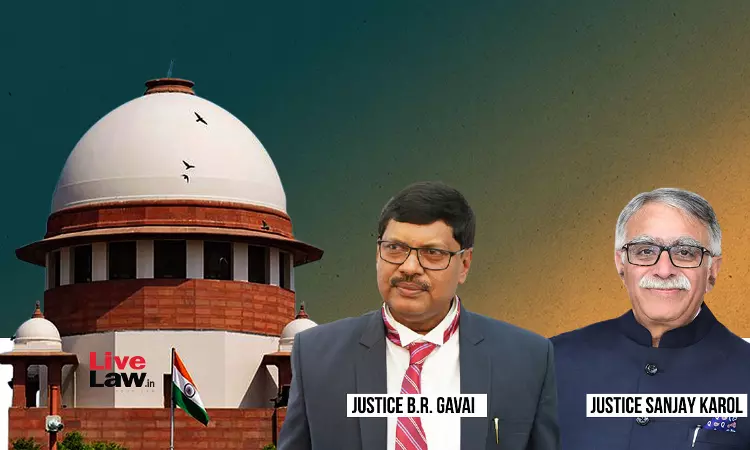Extra-Judicial Confession Is A Weak Piece Of Evidence, Independent Corroboration Needed: Supreme Court
Rintu Mariam Biju
8 March 2023 10:17 AM IST

Next Story
8 March 2023 10:17 AM IST
Reiterating that it is a weak piece of evidence, the Supreme Court of India recently observed that the credibility of an extra-judicial confession decreases when the surrounding circumstances are doubtful.A Bench of Justices BR Gavai and Sanjay Karol said that Courts would generally look for an independent reliable corroboration before placing any reliance upon an extra-judicial...
